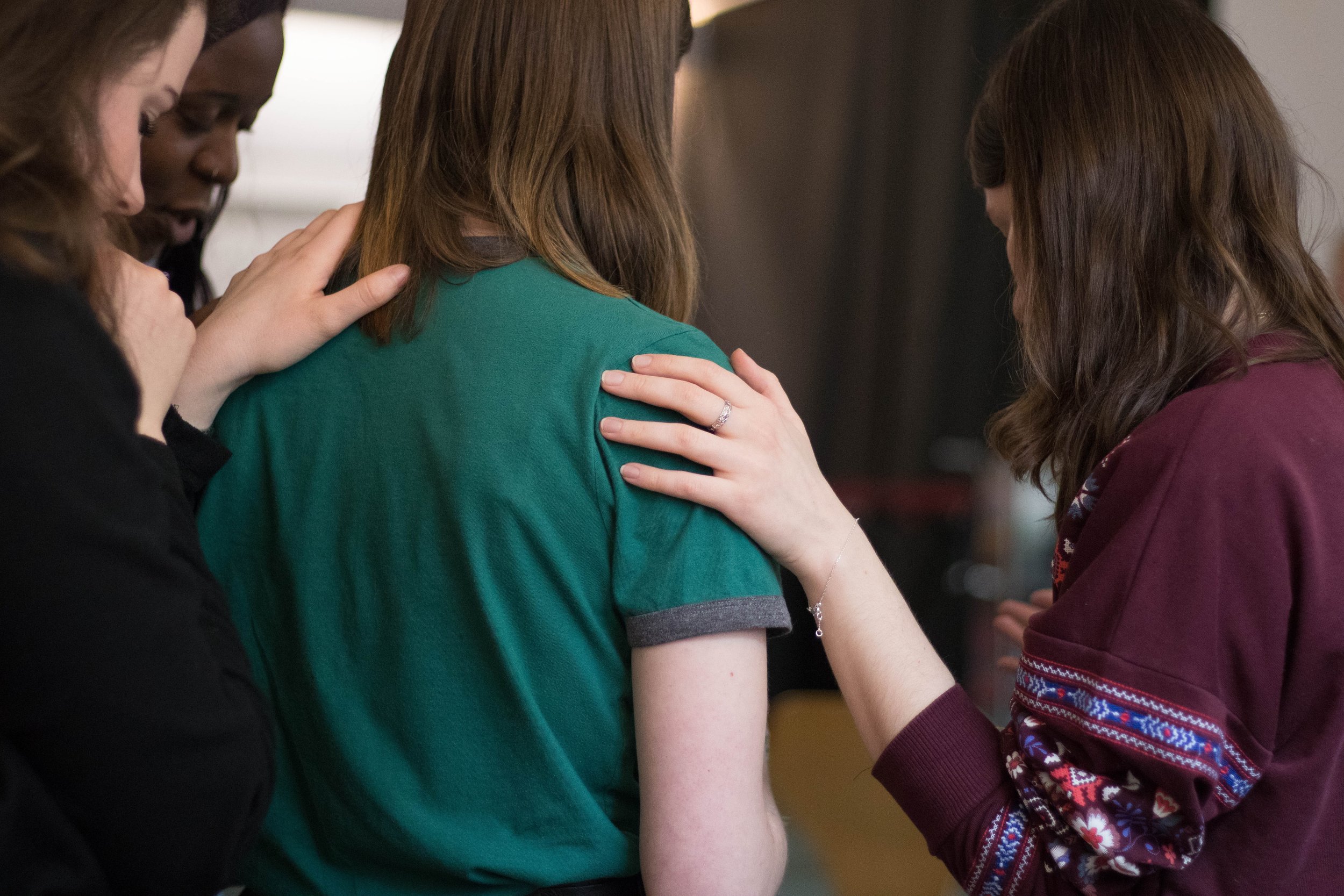Events

While building insight about any particular idea or choice, our minds tend to have little conversations or monologues weighing all the different aspects and facts around the situation. Sometimes we look to our trusted supports in our life to help in this process and offer an outsider’s perspective. As a therapist, insight-building is often a part of the therapeutic process. Sometimes it is a clear objective and other times it is a byproduct of the therapeutic process itself. Regardless, insight refers to our ability to use our wisdom to build a complete understanding of an idea or situation. This is very important when related to making a choice or building motivation for change.

For some reason, it has been a long road for both public and private academic institutions to take this link between mental health and academic functioning seriously. We are seeing more and more robust and dedicated mental health services and systems in our educational programs, however time spent with many families has shown me that the direct link between mental health struggles and academic struggles is hardly common knowledge.

This may be your first year, this may be your third, regardless, it is very common for people in college to experience stress and anxiety. Is this the first time you are living away from home, or far away from home? Do you feel isolated, overwhelmed from all of your deadlines, and pulling late nights? Many factors can impact how you function and feel each day and college is an environment that presents a lot of different factors to make you feel that way. Transitioning from high school to college is difficult as is. The culture is different, the schedules are different, and it can be easier to let things pile up and prioritize other things, like friends, parties, or work.

How do you learn something like riding a bike? Most likely someone gave you lessons and then you practiced. You can learn to study the same way. No one is born already knowing how to study. Learning, and then practicing those skills can build your studying capabilities.

As a society, there are often conversations that occur about the breakups and endings of romantic relationships; however, it seems that there are very little conversations about the ending or “breakup” of friendships. In a romantic relationship there is typically a conversation and formal ending, which provides some sort of closure and explanation. Whereas friendship “breakups” don’t always have the same sentiment, phone calls and texts become fewer and further between, and soon the only updates you really know about their lives are on social media. These friendship “breakups” cause unanswered questions along with some confusion as to how to grieve this ending. Society and pop culture display the grieving of a romantic relationship ending, but the friendship breakups seem to be less displayed or discussed. On the flip side, due to the lack of conversation about friendship breakups, it can cause individuals to feel an obligation to maintain friendships in life that no longer serve any positive purpose. The friendship can continue to go on, despite feelings of being hurt, because “breaking up” with a friend can be seem unorthodox.

Halloween is around the corner, and some of us willingly put ourselves through fear and suspense. Pounding heartbeat, heavy breathing, having a cold sweat, butterflies in your stomach; these don’t sound like a fun experience, but we endure them when we feel fear. So why do you think so many people like to feel scared?

Depression is ubiquitous, and unfortunately, a loved one in our life may struggle. When someone we love is having a difficult time, all we want to do is help, but many ask how? You can let them know you have noticed the change and express empathy.

On social media or in conversation, the term “relationship goals” has gained popularity as a term used in response to an example of a relationship that one feels represents the desired relationship in their life. In couple’s therapy, goals are crucial to establish and continue to interact with and update throughout the process to help keep the treatment focused and productive for the couple. Being able to develop genuine and wise-minded goals is more challenging than you think.

While healing from a divorce, you may experience a grieving process and there are things you can focus on during this time. Exhaustion, overwhelming feelings, negative and painful feelings may arise and while these can be scary, they are also normal and can be worked through. Here are some ways to cope through the process of moving forward from a divorce.

When you are feeling stuck in therapy it’s usually due to wanting to make changes yet struggling to do so. Feeling stuck in therapy shouldn’t automatically feel like a bad thing. Some people consider this moment a “tipping point.” You may be asking what’s next and where to go. Here are some ways to get unstuck within the therapy space.